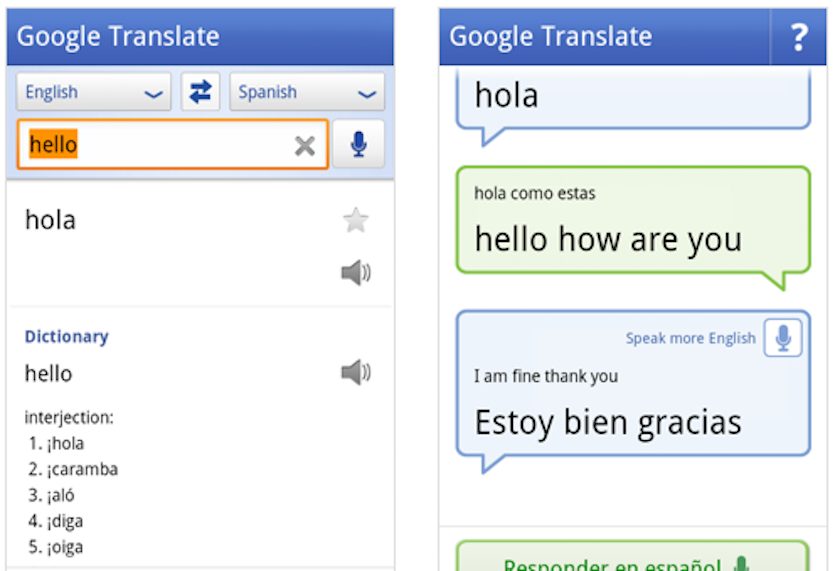
a further 25 years) would revert to the author's legal personal representative or executor as part of his estate any agreement entered into by the author as to the disposition of such reversionary interest would be null and void. The proviso to Section 5(2) of the Imperial Copyright Act stated that where the author of a work was the first owner of the copyright therein and that copyright was assigned, no assignment made during the currency of the Act would be operative to vest in the assignee any rights under the copyright in the work beyond a period of 25 years after the death of the author, and that, at the expiration of the 25 year period, the copyright in the work for the remaining period of its term (i.e. Subsequent South African Copyright Acts dating from 19 preserved the subsistence, ownership and duration of copyright arising out of the 1911 British Imperial Copyright Act. Solomon Linda died in 1962, at which time the British Imperial Copyright Act of 1911 was still in force in South Africa. This litigation gave rise to a direction by the Tribunal that a small royalty on the exploitation of the song "The Lion Sleeps Tonight" should be paid the heirs of Solomon Linda by virtue of the derivation of "The Lion Sleeps Tonight" from "Mbube". In the early 1990's litigation was conducted in the United States of America in regard to the allegation that the song "The Lion Sleeps Tonight" infringed the copyright in the song "Wimoweh". It is alleged that "Wimoweh" is a reproduction or adaptation of a substantial part of "Mbube" and that "The Lion Sleeps Tonight" is a reproduction or adaptation of a substantial part of "Wimoweh" and/or "Mbube". "Wimoweh" was later transformed into a work entitled "The Lion Sleeps Tonight" the authorship of which is attributed to George Weiss, Hugo Peretti and Luigi Creatore. Gallo sought to exploit the work in the United States of America but it was soon adapted or reproduced in the form of another work entitled "Wimoweh", written by the folk singer Pete Seeger. In the early 1950's Solomon Linda assigned the worldwide copyright in "Mbube" to Gallo (Africa) Limited, a South African company, for a consideration of ten shillings.

GOOGLE TRANSLATE WIMOWEH ZULU MOVIE
In order to found and confirm the jurisdiction of the High Court of South Africa to adjudicate upon the claim brought against an American corporation which does not have a place of business in South Africa, the court has ordered the attachment of some 200 registered trade marks owned by Disney Enterprises Inc in South Africa as well as the South African copyright in the movie "The Lion King".ĭuring the late 1930's, at which time the British Imperial Copyright Act of 1911 was in force in South Africa, Solomon Linda, a South African citizen, created a musical work entitled "Mbube" (the Zulu word for "lion"). The case has been brought, inter alia, against Disney Enterprises Inc, for having the contentious song in the soundtrack of the movie "The Lion King" and exploiting that movie commercially in South Africa through its group of companies ("Disney") without the authority of the copyright owner in Mbube. All rights reserved.The executor of the estate of the late Solomon Linda has brought a claim of copyright infringement based on the reversionary interest in the musical work entitled "Mbube" from which the well known hit song "The Lion Sleeps Tonight", has allegedly being derived. © Gallo Music Publishing and Putumayo World Music. Many thanks to Putumayo World Music for permission to publish these lyrics. (multiple voice lead repeats the following against another three repeats of the chorus above) (multiple voice lead repeats the following against another two repeats of the chorus above) (lead vocal repeats the following against an additional two repeats of the chorus above) (Some of the choruses above are then repeated)

(Multiple voice lead repeats the following against another three repeats of the chorus above) (Multiple voice lead repeats the following against another two repeats of the chorus above) (Lead vocal repeats the following against another two repeats of the chorus above) Usually you want them to go away from you! South Africa is home to many lions, as well as other wildlife.

The Zulu word for lion is "imbube." To call to a lion you say "mbube." We're not sure why you would want to call a lion. Someone in America heard it and decided to write English words. It is based on a song in the Zulu Language from South Africa that was written in 1939 by a musician named Solomon Linda. Tonight," which is a popular song around the world. This song is available on African Playground.ĭoes this song sound familiar? Most people know this as "The Lion Sleeps

Listen to The Mahotella Queens perform this song.


 0 kommentar(er)
0 kommentar(er)
